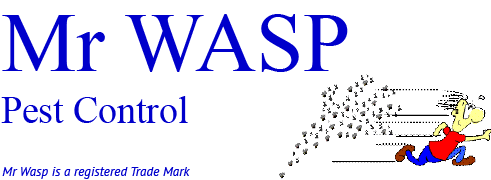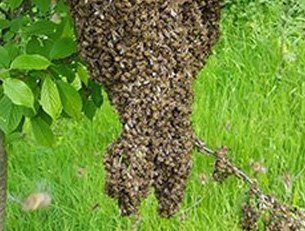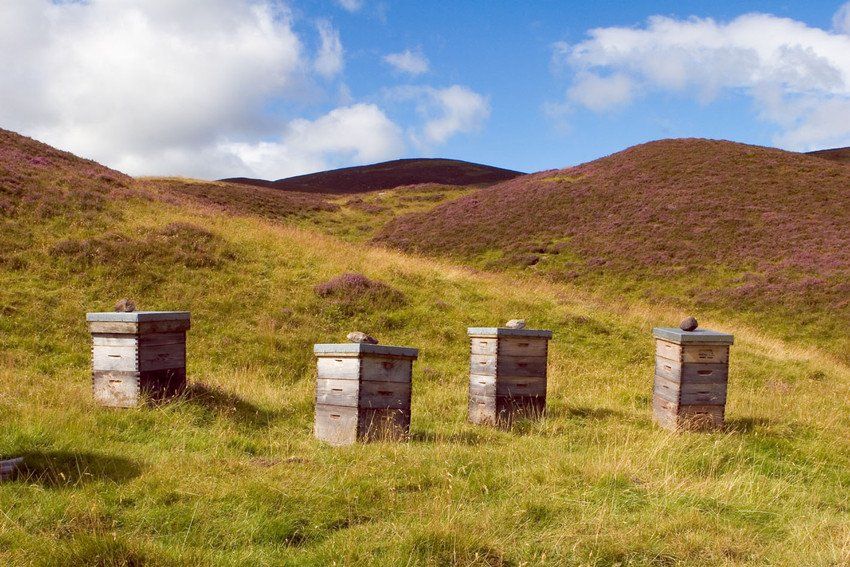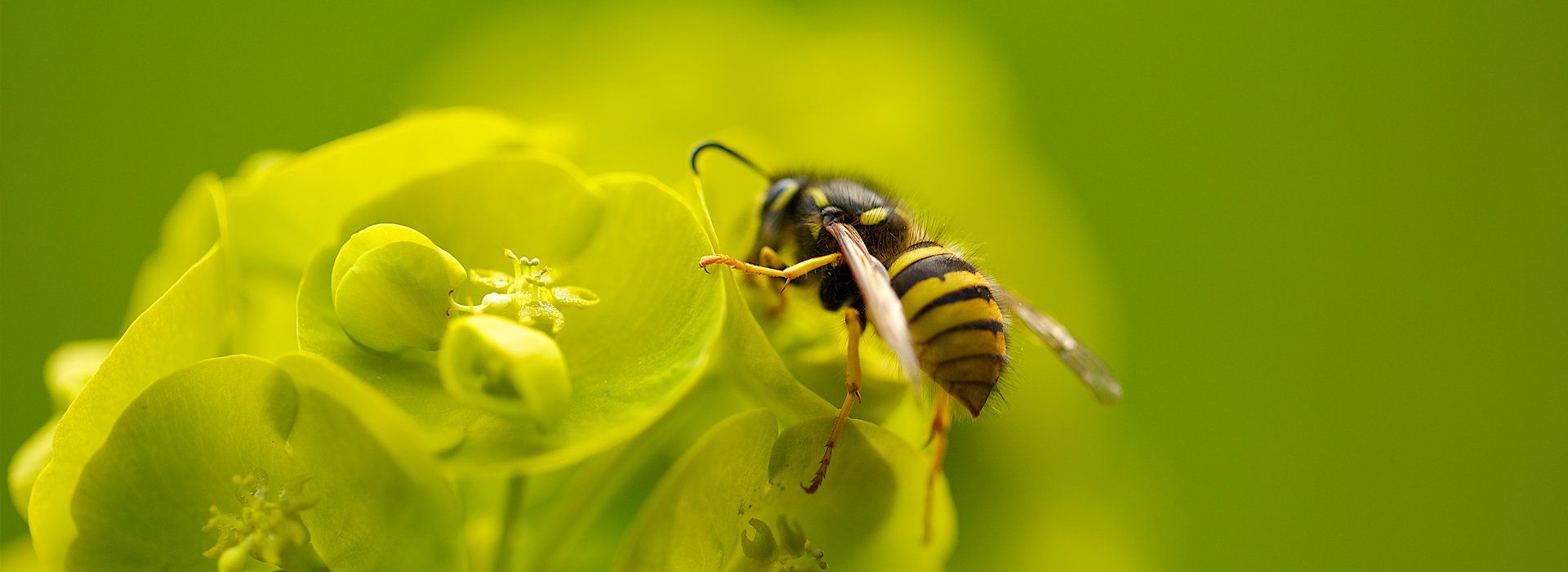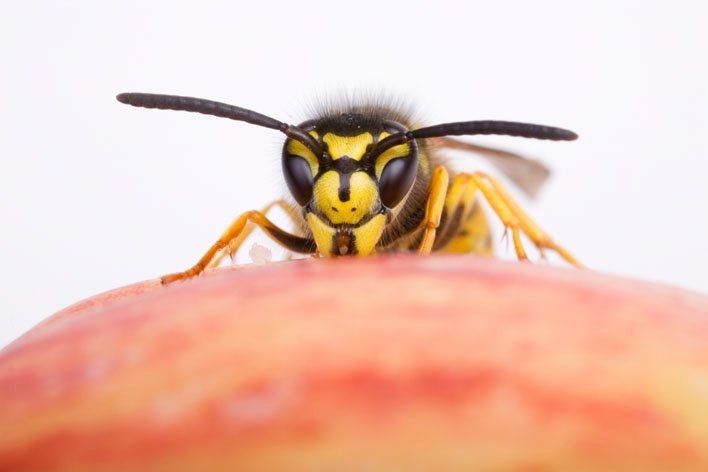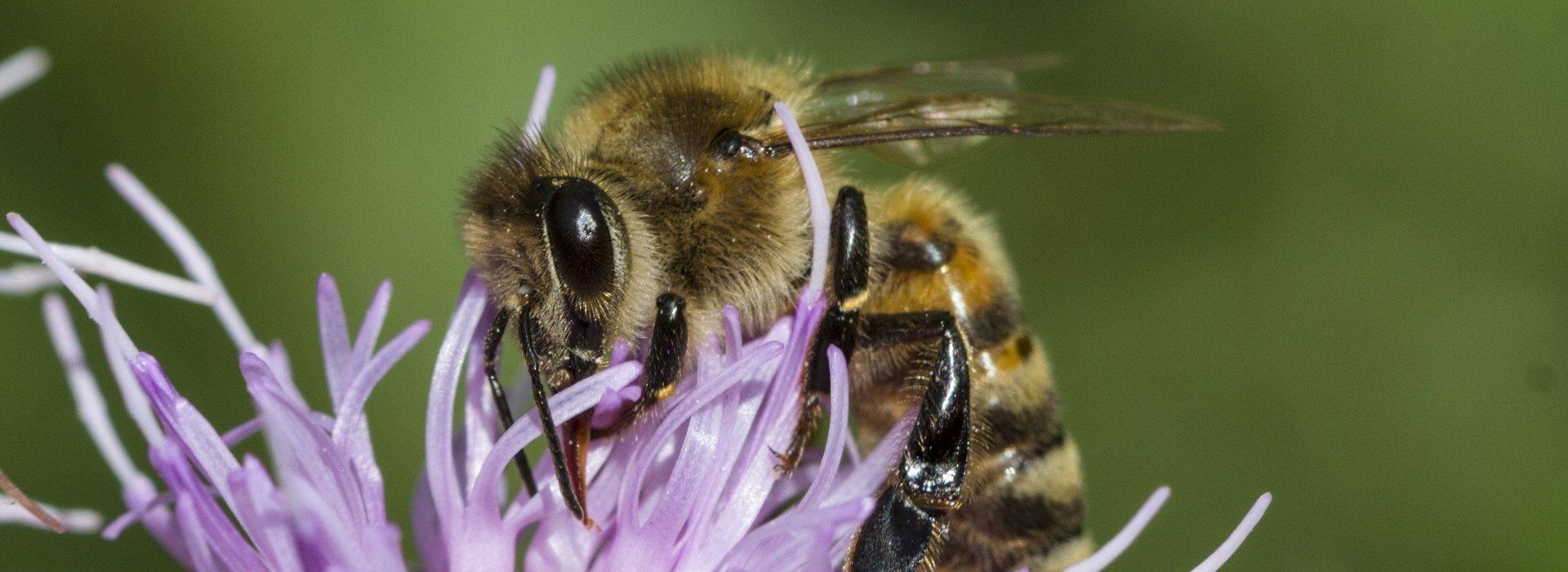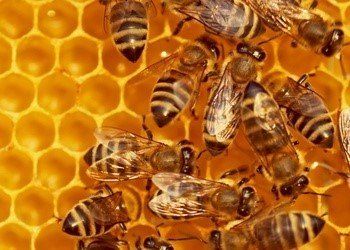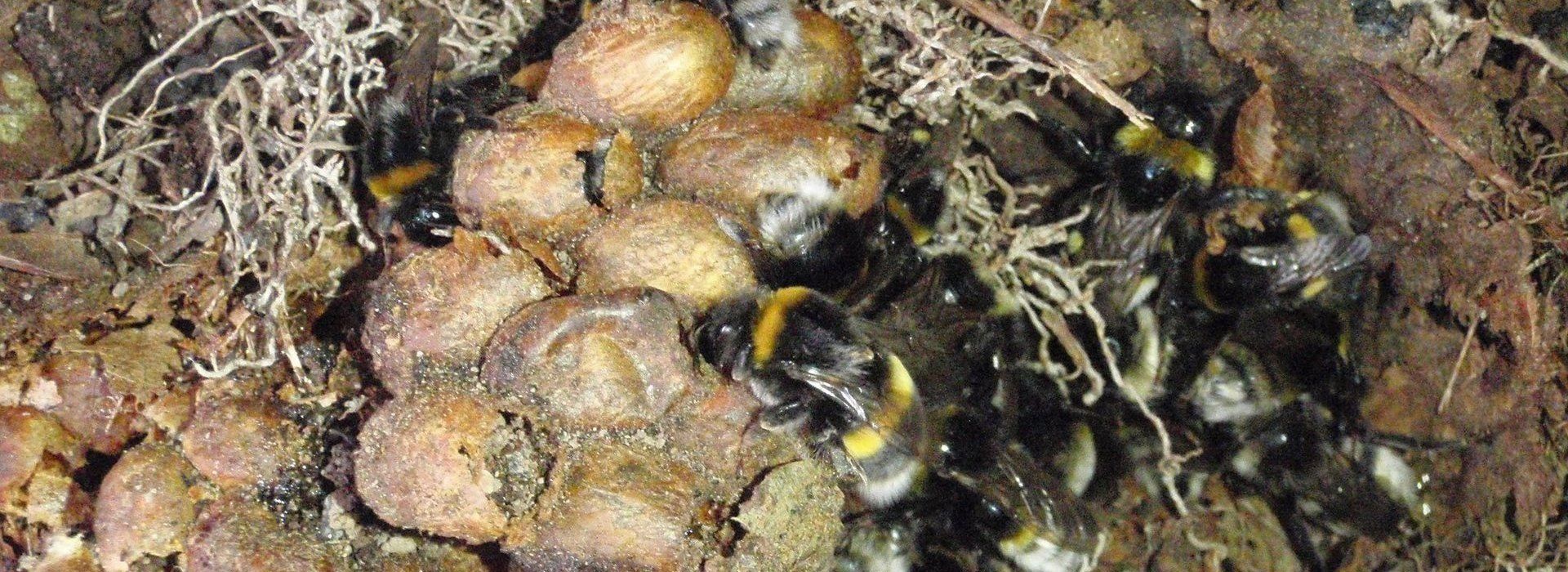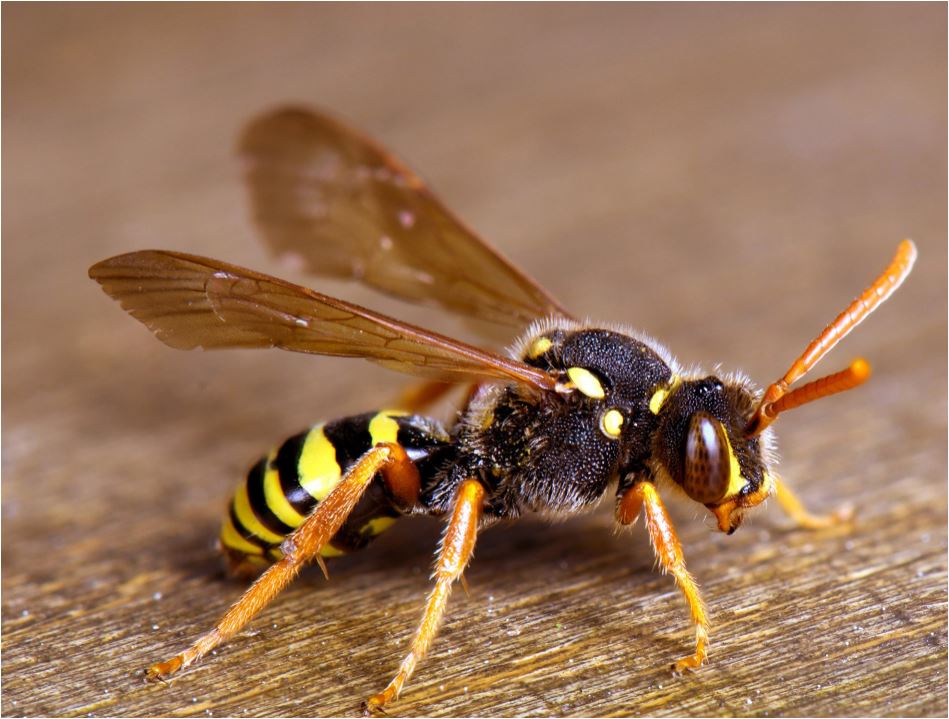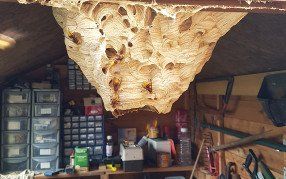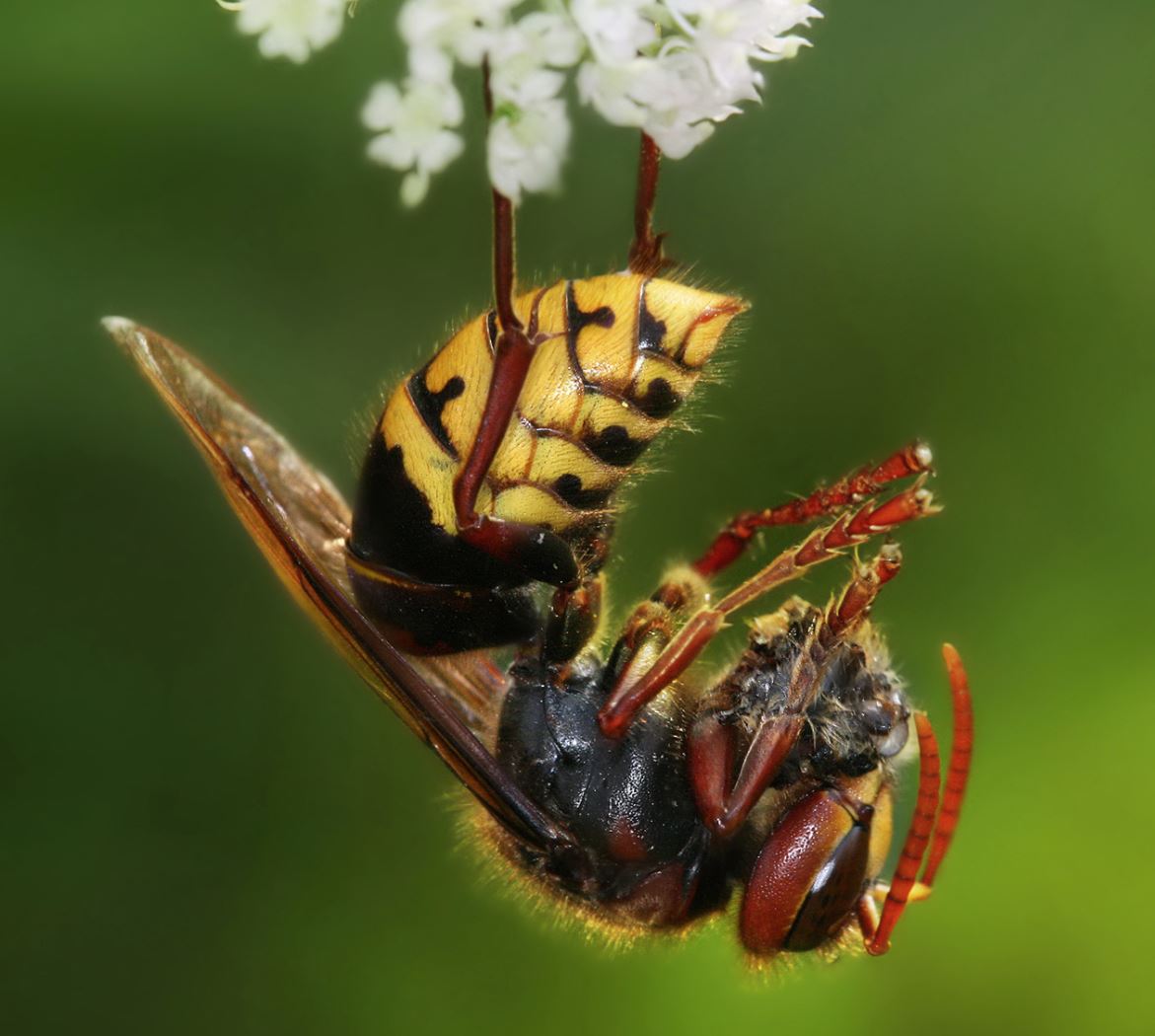Bees Nest Removal: What Are The Signs Of An Infestation?
Though bees are integral to maintaining our natural biodiversity - from providing delicious honey to keeping our blossoms blooming; they can become pesky when invading the home. It is isn’t uncommon in the summer for a few stray bees to enter our properties, especially if we have indoor plants and delicious food, but what are the signs of an actual infestation?
If you notice any of these signs below, it is best that you get it sorted as soon as possible. Though it is tempting to bury your head in the sand and hope that the problem goes away on its own - this can actually make the issue worse, especially if the queen bee continues to reproduce. It is estimated that a queen bee can lay around 2,000 eggs in one day, and bees can take around three weeks to develop into fully fledged adults. This can create a baffling amount of bees - which is why it is imperative that you get it taken care of sooner rather than later.
As a leading pest removal service, we at Mr Wasp are no strangers to flying pesky insects - below, we have compiled a list of the different signs of a bee infestation and explored why you should get it sorted.
Signs of a Bee Infestation
Around the world, there are a myriad of different types of bees, though the ones that we are most familiar with are the honeybees and bumblebees.
The first indication that you might have a bee infestation is if you notice an excessive number of bees flying around your home. Not only is this highly irritating and stressful, but it can also be unhygienic as bees can bring different bacteria in from the outside. If it looks like bees are coming from multiple directions and you can’t get rid of them, it is likely that you have a beehive colony in your home.
If you spot an active bee’s nest - whether in the internal structure of your house or outside in your garden - then it is highly probable that bees are infesting your home. Active nests can be routed in trees, underneath your home’s floorboards, in your garage or shed, or hidden in wall voids. If you suspect that you have a bee infestation but cannot see a blatant nest, then patiently keep an eye on the thoroughfare for the bees moving around your home. Are they going to and from a specific spot and laden with pollen? This will be a clear indicator as to where the nest is.
Dark patches on the walls or ceilings
If you notice dark patches emerging on your walls or ceilings, this could be a sign of a honeybee infestation. This is because, the honeybees have built a nest in-between your walls or above your ceiling meaning that this is where the honey is being produced. The honey from these nests will leave dark patches on your walls or your ceilings. So this, coupled with an excessive amount of bees around your home, is a clear indicator that you have a honeybee infestation.
Why you need beehive removal services
Though our general advice is to just leave bees alone as they are endangered, you should get your beehive removed if anyone in your family is allergic to bee stings. What's more, if an allergy goes untreated, anaphylactic shock could occur which can be fatal in extreme cases.
Despite our fears, bees are not considered to be aggressive insects - they are just highly protective of their queen and their beehive. This is why irritating a bee and frantically swatting at it can cause it to become frantic and more likely to sting you. What’s more, when a bee feels threatened,it will release a pheromone which attracts more bees to the site of danger to protect it. Hence why swatting at a bee in your home - especially if you have a beehive - could potentially be quite dangerous.
But I thought bees were good for the planet?
It cannot be denied that bees are good for the planet and are becoming an endangered species. Bees are a vital source of pollination for our food production,so if bees become extinct,it will have disastrous consequences for our planet.
This is why beehive removal services will not exterminate the nest, but rather remove and relocate it to a safer place. If you do notice a nest in your home,do not attempt to remove it yourself as this could harm the bees and also yourself. Trained professionals like us at Mr Wasp will humanely remove the beehive, giving you peace of mind that both you and your property are safe.
How to prevent a bee infestation
One of the main ways to prevent a bee infestation is to keep all food covered - especially in the summertime. Bees will be attracted towards every cuisine,but they will especially be drawn towards sweet and sugary foods like fruit, cakes, sweets and carbonated drinks. What's more - they will also be attracted towards dairy products like cheese and meat products too.
With this in mind, make sure to cover any food products that you have out. We know that it can be tempting during the summertime to have plenty of al fresco picnics, drinks, and summery spreads of charcuterie boards, cheeses, salads and fruits. Though we encourage you to enjoy the hot weather, make sure to cover and refrigerate soon after use.
There are many natural bee repellents that you can purchase and even make yourself. These include miniature plugin bug repellents that emit high-frequency sonic waves and sounds that deter bugs from entering the home.
In addition, ingredients and liquids like peppermint oil, cinnamon, cayenne pepper, liquid soap, lemongrass, and citronella are great bee and bug repellants. So, make your own formula of this and spray it around the home. Alternatively, consider purchasing scented candles in these fragrances to ward off any pesky critters.
Natural repellents are a great option for those who want to rid the infestation but also protect endangered bees. It is encouraged to not actively kill the bees due to the fact that they are critical to society. So, natural bee repellents are a great alternative.
Though this won’t directly affect a bee infestation from occurring, educating your children about the importance of bees as well as how to prevent bee stings is a great way to minimise the threat of one happening. What’s more, it will teach them that bee infestations can just be a fact of life.
Simple things like teaching them how to react when a bee is near, not to disturb the nest, how to treat bee stings and how important bees are for the environment will not only make them less fearful of bees but also will minimise the threat of bee stings.
Mr Wasp: Safe and Efficient Wasp, Bee and Hornet Control in Cardiff
If you suspect that you have a bee, wasp or hornet problem at your home or business in Cardiff, don’t simply ignore it. Here at Mr Wasp, our trained experts can help safely remove any nests, as well as relocating them to a safer environment.
We pride ourselves on complying with relevant regulations as well as being available 24 hours a day 7 days a week, giving you peace of mind that your infestation can be sorted as soon as possible. We operate a friendly and reliable service, ensuring that your home or business remains safe from pesky critters in future.
Wherever you are based in South Wales, our team can help. To find out more about our services, or to read one of our case studies - simply contact us today.